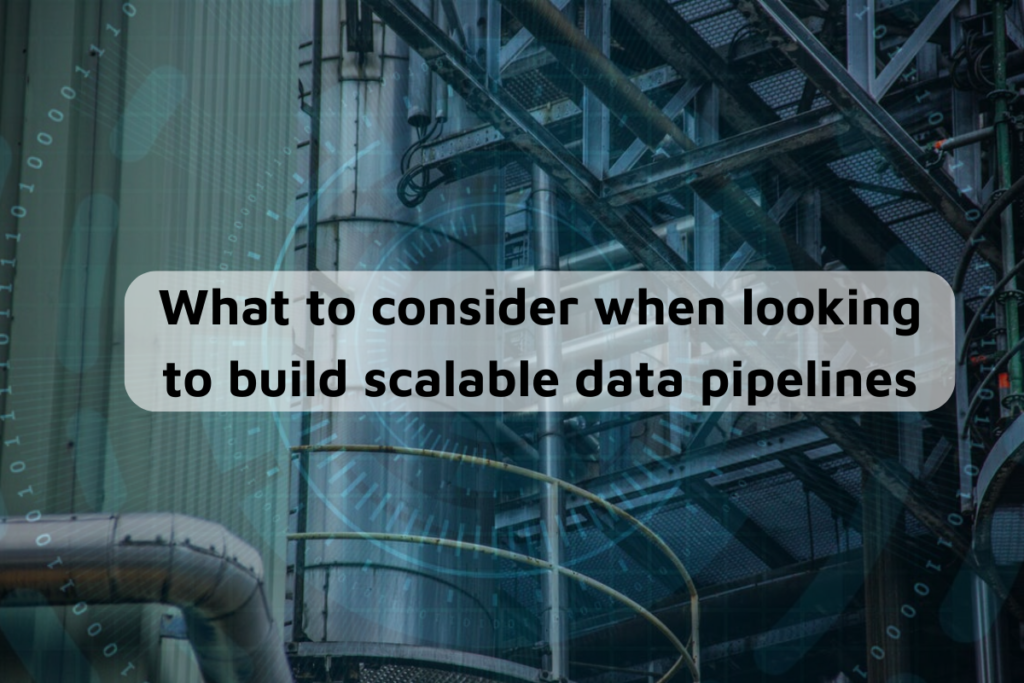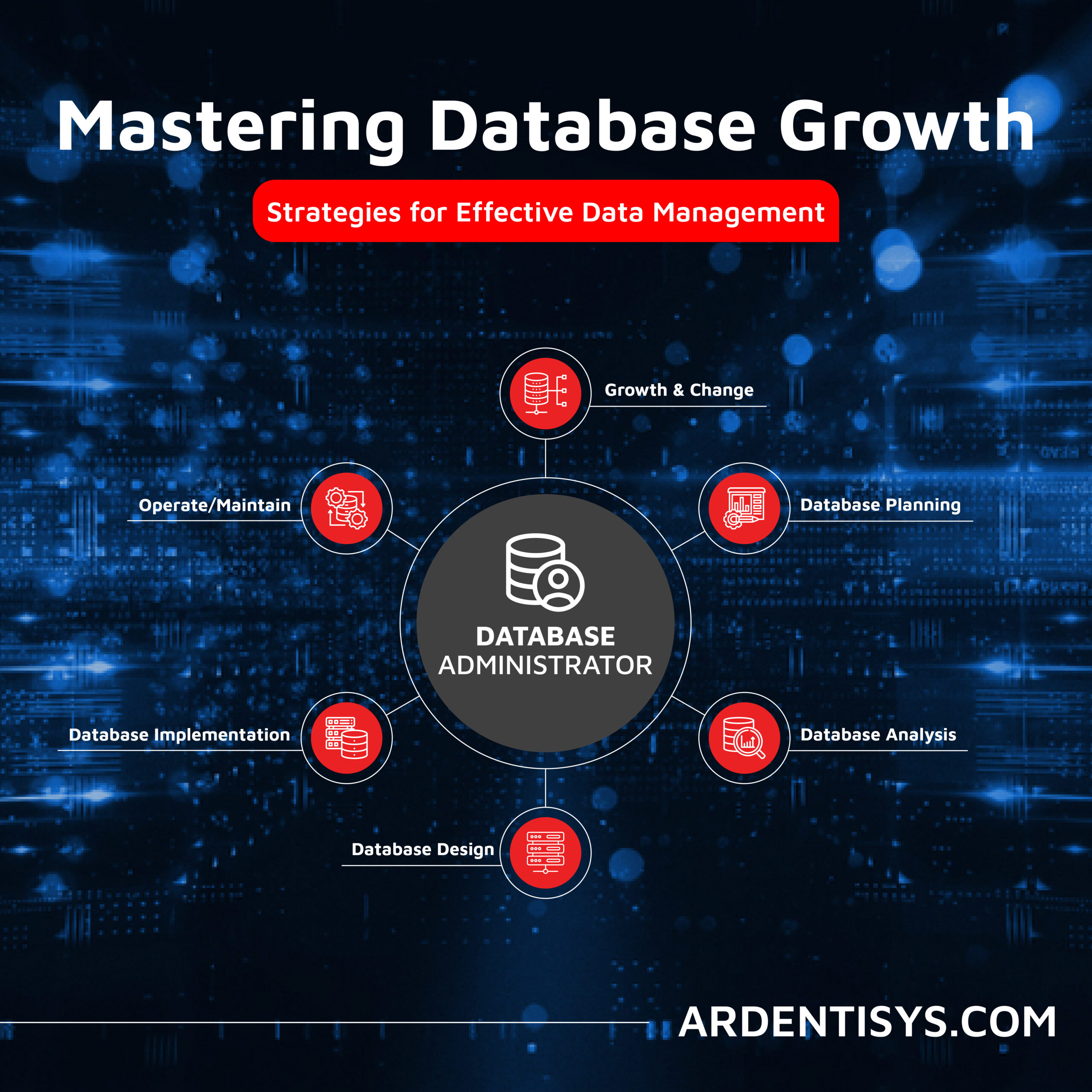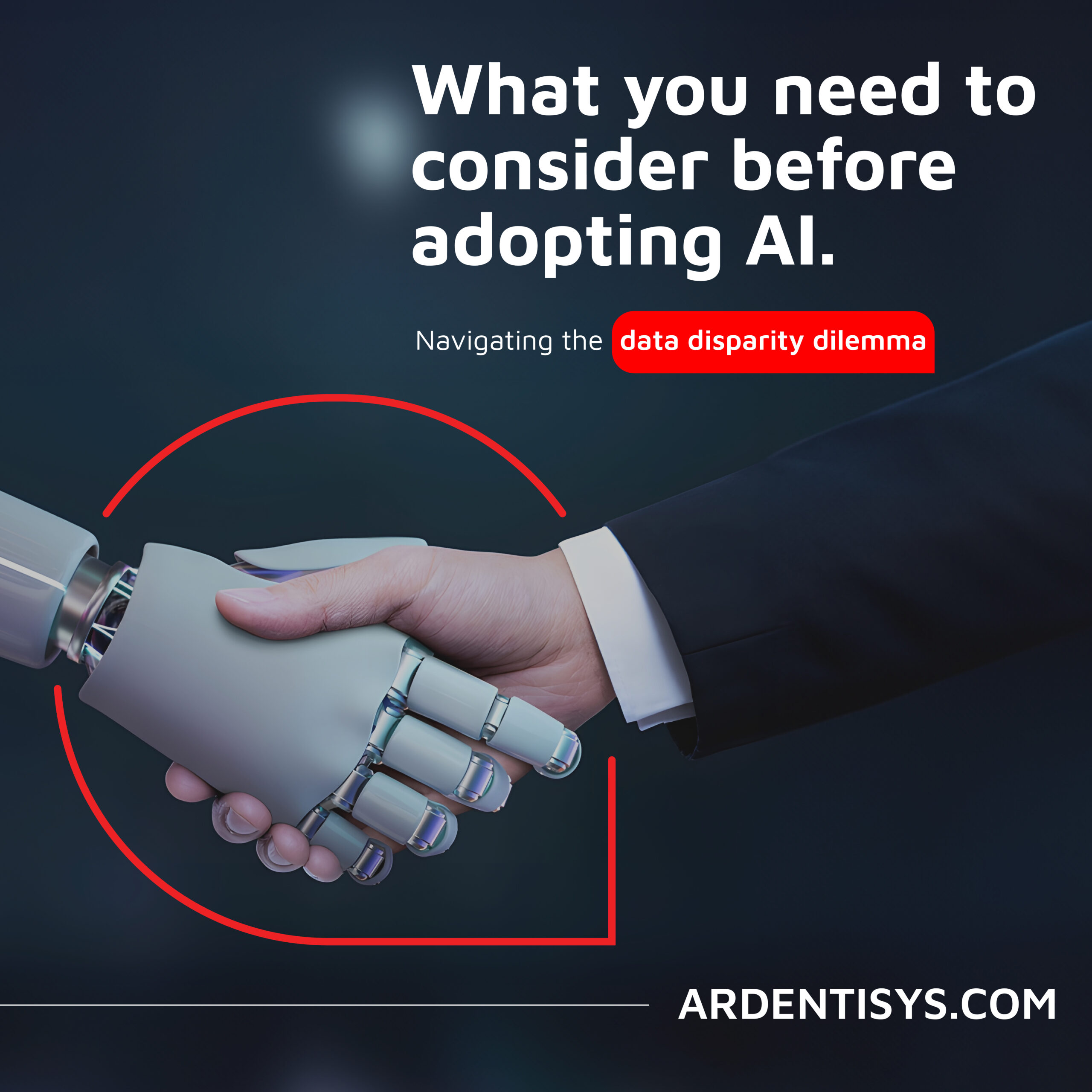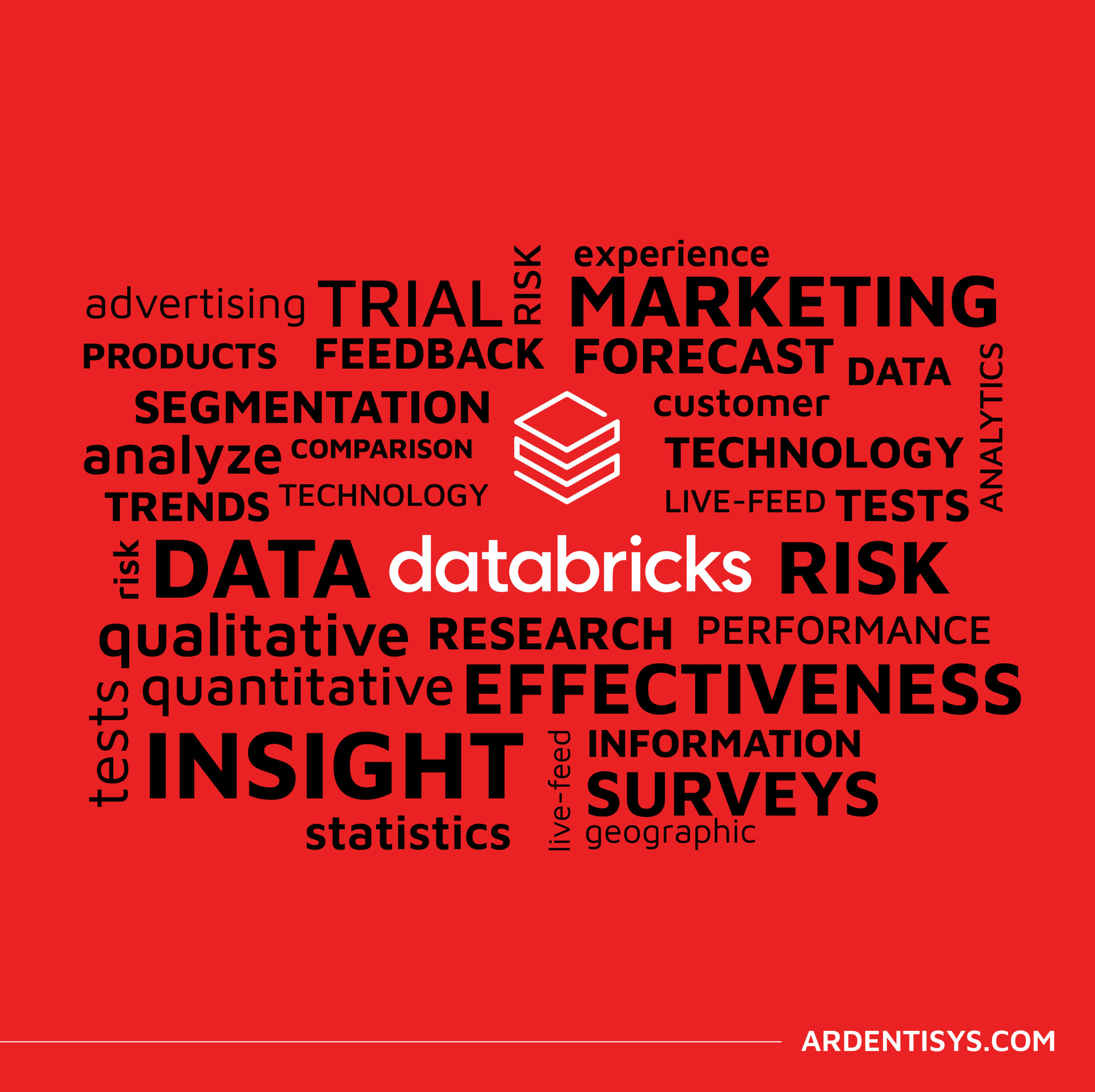What to consider when looking to build scalable data pipelines
4 August 2022 | Noor Khan

A data pipeline which carries the data from a source to its destination which is most likely a data warehouse or a data lake. Most businesses will have their data stored across systems, therefore the data will be diverse in its source and format. Building scalable data pipelines ensures that the data is effectively picked up from the source and delivered to the destination going through the entire data pipeline process.
Building data pipelines can be complex, however, if done right, you will only have to do them once to automate your data pipeline process. We will look at what you should consider when looking to build scalable data pipelines to make sure you get it right the first time.

Understand business context
Understanding the business's challenges and the wider context is key when it comes to building scalable data pipelines. What business challenges is the business facing? What is the end goal? When you have this information and the context you are able to make better decisions to meet the end goal and requirements, whether that comes to structure, or the technologies employed.
Understanding the end objective and expected results can also be a great motivator for prioritizing the project when data pipeline development is carried out in-house.
How often is the data pulled?
You need to find out how often the data will be pulled for the data pipelines from each source. Will the data need to be pulled through in real-time, on an hourly basis or less frequently? This can help you ensure you set the pipelines to run at a specific time to ensure data is pulled through in line with the frequency requirement.
How often is the data required?
Determining how often data needs to be pulled, you will need to find out and establish how often it is required. Do you need the data in real-time for analytics purposes? If so, the data needs to be pulled as it becomes available. Is the data required on an hourly or daily basis? Then you may opt to pull the data at certain times of the day.
The volume and variety of data
Understanding the volume and variety of data that you will be dealing with is crucial to building scalable, high-performance data pipelines. You will also need to take into consideration how the data you are dealing with will grow and evolve over time to truly determine the scalability of pipelines. Having this information can inform you about the structure of data pipelines. For example, if you are dealing with large volumes of data that need to be processed quickly, you may want to run multiple streams of batch processing that would run simultaneously.
Data pipeline reliability
When it comes to developing scalable, robust pipelines, you will need to consider the data pipeline reliability. Firstly, consider the data validity and reliability of the data you are pulling. Is the data you are pulling reliable, clean and free from duplication? Once the data is in the data warehouse or data lake, it will be used for analytical purposes so ensuring the data being pulled through is accurate and reliable is vital. Secondly, you will need to have monitoring, logging and alerting in place should any issues arise. Data pipelines can be complex because they deal with multiple systems and data sources, therefore some issues may occur. You will need to have robust measures in place to avoid data dropout and ensure a smooth flow of data.
Data pipeline ownership
Another major factor to consider is the ownership of the data pipeline. Data pipelines, even those built with scalability may fail or may pull data through that does not match your criteria. Therefore, you need to identify who will deal with those issues when they arise. If you are building data pipelines in-house then identify the team responsible for this. However, if you are outsourcing data pipeline development, then it may be worth speaking to your data engineering partner about how they can assist you in the future.
Ardent build scalable data pipelines
Ardent have worked with leading clients on a wide variety of data pipeline development projects and have delivered robust, secure and scalable data pipelines. If you are looking to aggregate complex data from various sources, through a robust data pipeline with data feeds and APIs for third parties to uncover rich insights, get in touch to find out how our data engineering team can help.
Ardent Insights

Overcoming Data Administration Challenges, and Strategies for Effective Data Management
Businesses face significant challenges to continuously manage and optimise their databases, extract valuable information from them, and then to share and report the insights gained from ongoing analysis of the data. As data continues to grow exponentially, they must address key issues to unlock the full potential of their data asset across the whole business. [...]
Read More... from What to consider when looking to build scalable data pipelines

Are you considering AI adoption? We summarise our learnings, do’s and don’ts from our engagements with leading clients.
How Ardent can help you prepare your data for AI success Data is at the core of any business striving to adopt AI. It has become the lifeblood of enterprises, powering insights and innovations that drive better decision making and competitive advantages. As the amount of data generated proliferates across many sectors, the allure of [...]
Read More... from What to consider when looking to build scalable data pipelines

Why the Market Research sector is taking note of Databricks Data Lakehouse.
Overcoming Market Research Challenges For Market Research agencies, Organisations and Brands exploring insights across markets and customers, the traditional research model of bidding for a blend of large-scale qualitative and quantitative data collection processes is losing appeal to a more value-driven, granular, real-time targeted approach to understanding consumer behaviour, more regular insights engagement and more [...]
Read More... from What to consider when looking to build scalable data pipelines






